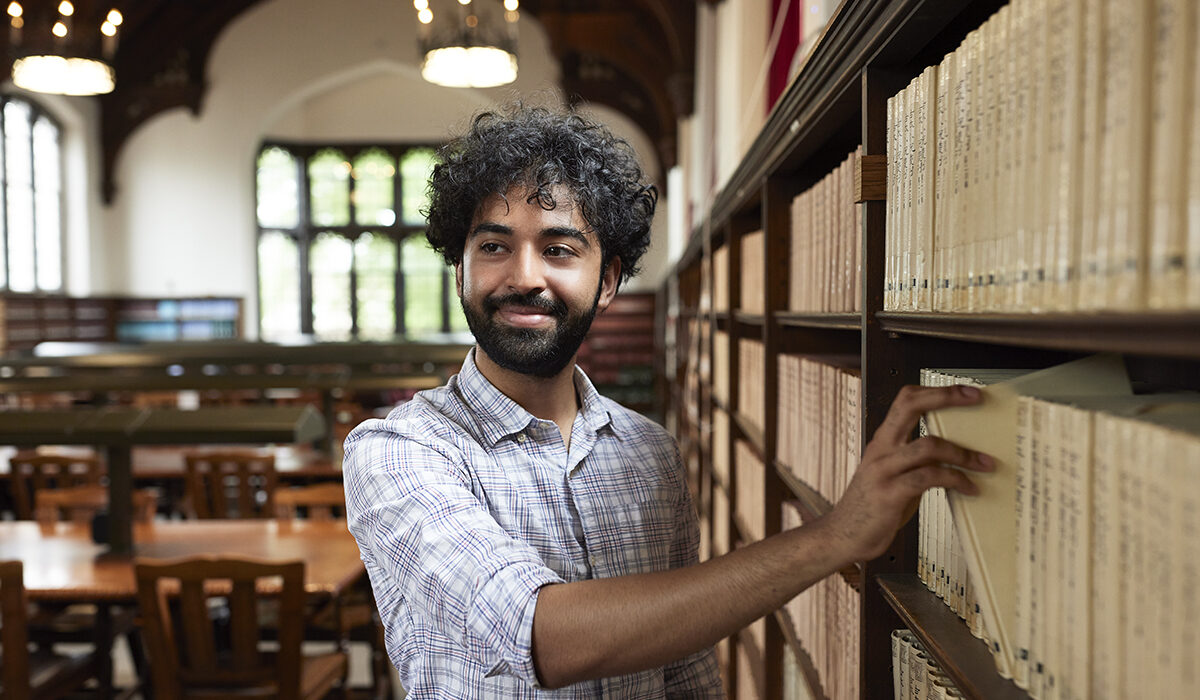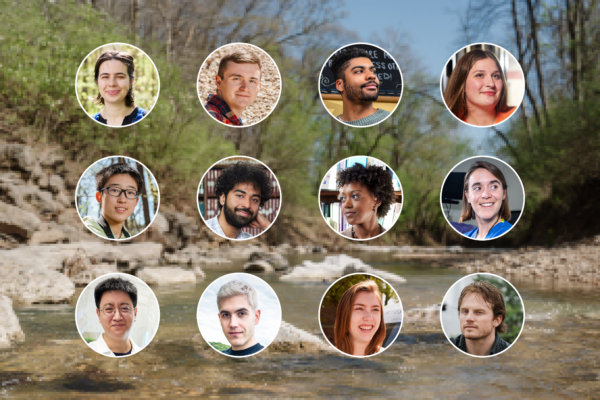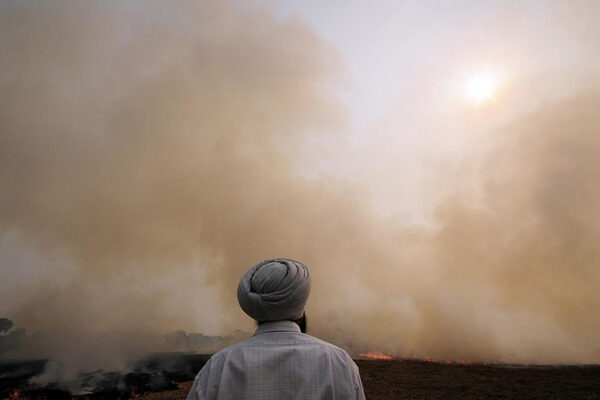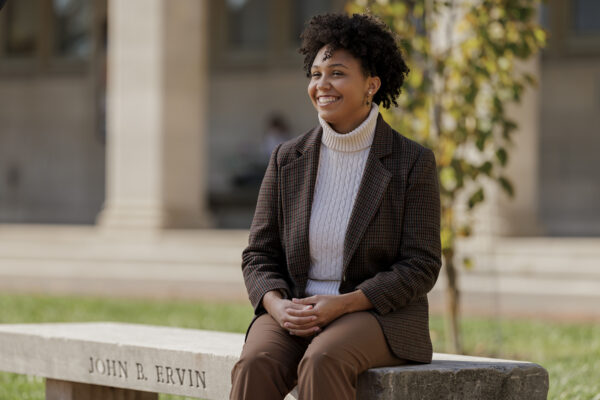On a recent visit to Pakistan, Omaer Naeem could literally taste the smog.
“My relatives were like, ‘Aren’t you going to wear a mask?’” said Naeem, whose parents immigrated to America from Pakistan. “The effects of climate change were everywhere.”
No corner of the globe has escaped climate change, but Pakistan and its South Asian neighbors have suffered more than others. Ranked as the fifth-most vulnerable country to climate change according to the Global Climate Risk Index, Pakistan is vulnerable to extreme heat, air pollution and flooding. In 2022, unprecedented floods impacted 33 million residents and caused billions of dollars in damages. And the World Health Organization estimates that pollution causes about 50,000 deaths annually.
“This sort of devastation changes people’s relationships with the land, the culture, their country,” said Naeem, who is about to graduate with a degree in global studies from Arts & Sciences at Washington University in St. Louis. “Pakistan is rare in that it has a federal Ministry of Climate Change, but for climate change initiatives to be successful, nations need to take a grass-roots approach. That’s why I’m interested in education and finding ways to talk about climate change that resonate with people coping with its consequences.”
Here, Naeem, an Ervin Scholar and a Merle Kling Undergraduate Honors Fellow, talks about his aspiration to work in South Asia to support local efforts to address climate change.
What have your experiences taught you about the climate crisis in Pakistan?
I heard the hopelessness of young people. You look at Bangladesh, you look at northern India, you look at Pakistan — climate change has taken such a toll. The people I met in Lahore weren’t talking about finding solutions because they didn’t think climate change is something they have the power to fix. They are simply trying to cope. We must find a way to get power back into the hands of the people — to give them agency and a sense of control. It’s a no-brainer that the people who are directly impacted must be a part of the solution-creating process.
How do you hope to accomplish this?
Young people have the innate ability to be curious and question things around them. That’s why I’m particularly interested in education. For instance, many parents send their children to religious educational institutions, or madrasas, because state-run institutions are lackluster and private schools are too costly. Are there ways to connect the environment to the Muslim faith that are approachable and understandable for young people? Already, countries that follow similar practices of Islam, like Indonesia, are teaching that protecting the environment is a way to safeguard each other from harm, a core tenet of our faith.
You grew up in rural Maryland. Why do this work in South Asia?
My work experiences at the State Department and Brookings Institution and the Atlantic Council have helped me develop into a policy-oriented thinker. And my education at WashU has provided me a rich contextual understanding of South Asian history and politics. And, of course, there is my transnational family. But, ultimately, it’s because I see myself as a global citizen. And part of global citizenship is to care deeply about the world. The majority of the world’s population lives in South Asia. What is happening there is a warning to us all. And the solutions they develop can be applied and adapted across the globe.



